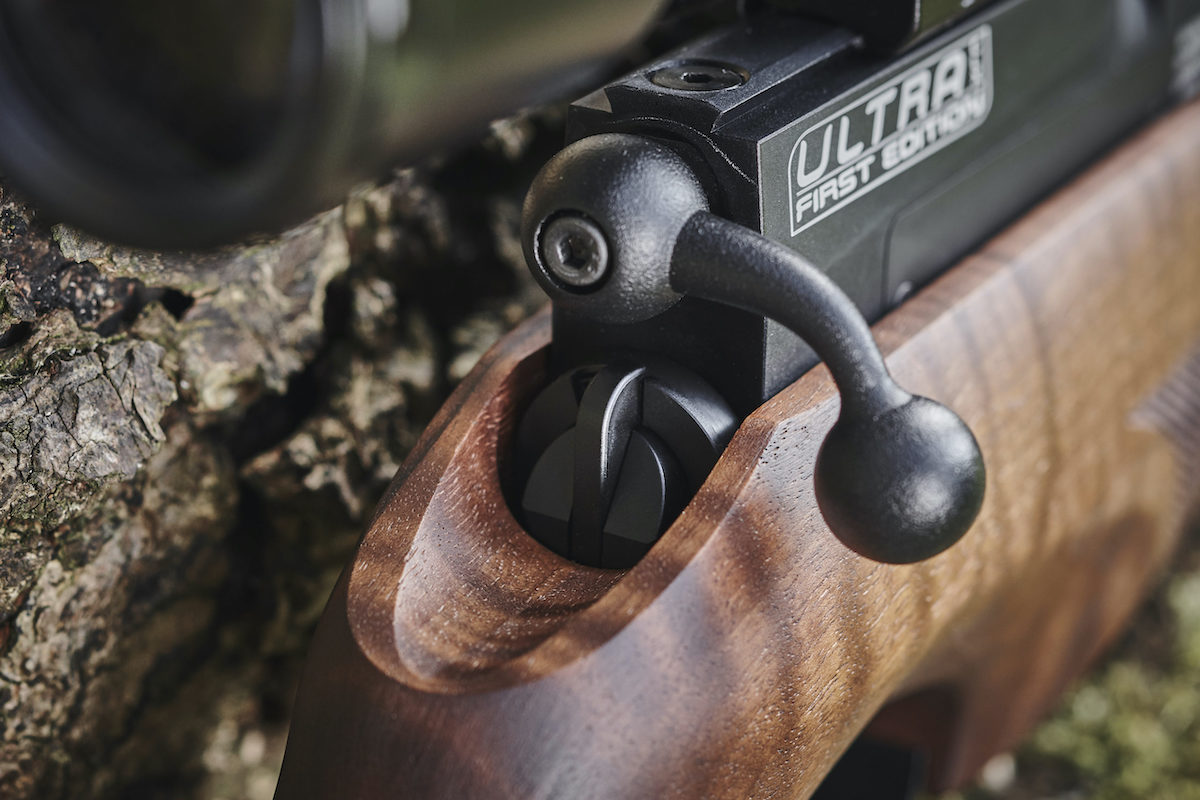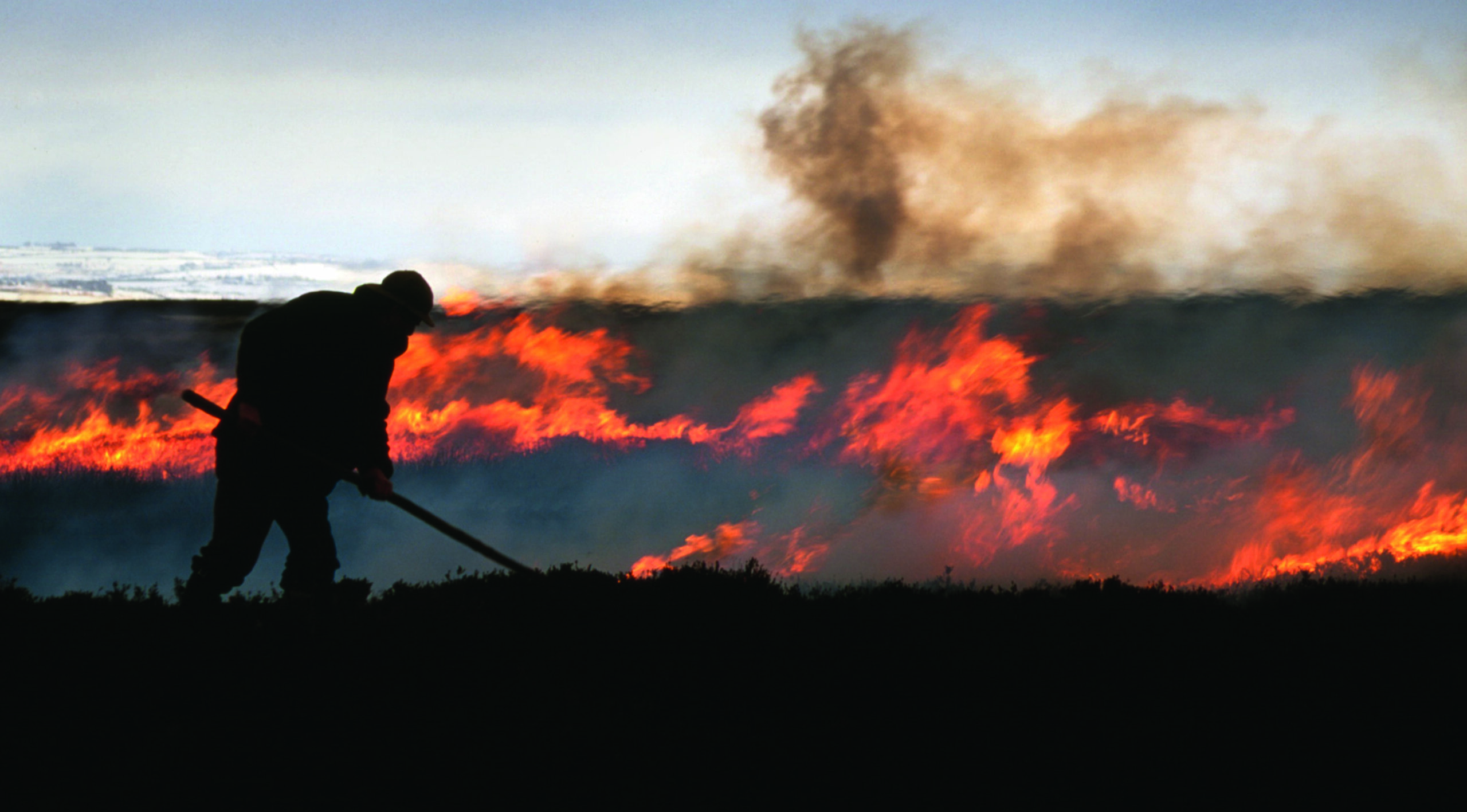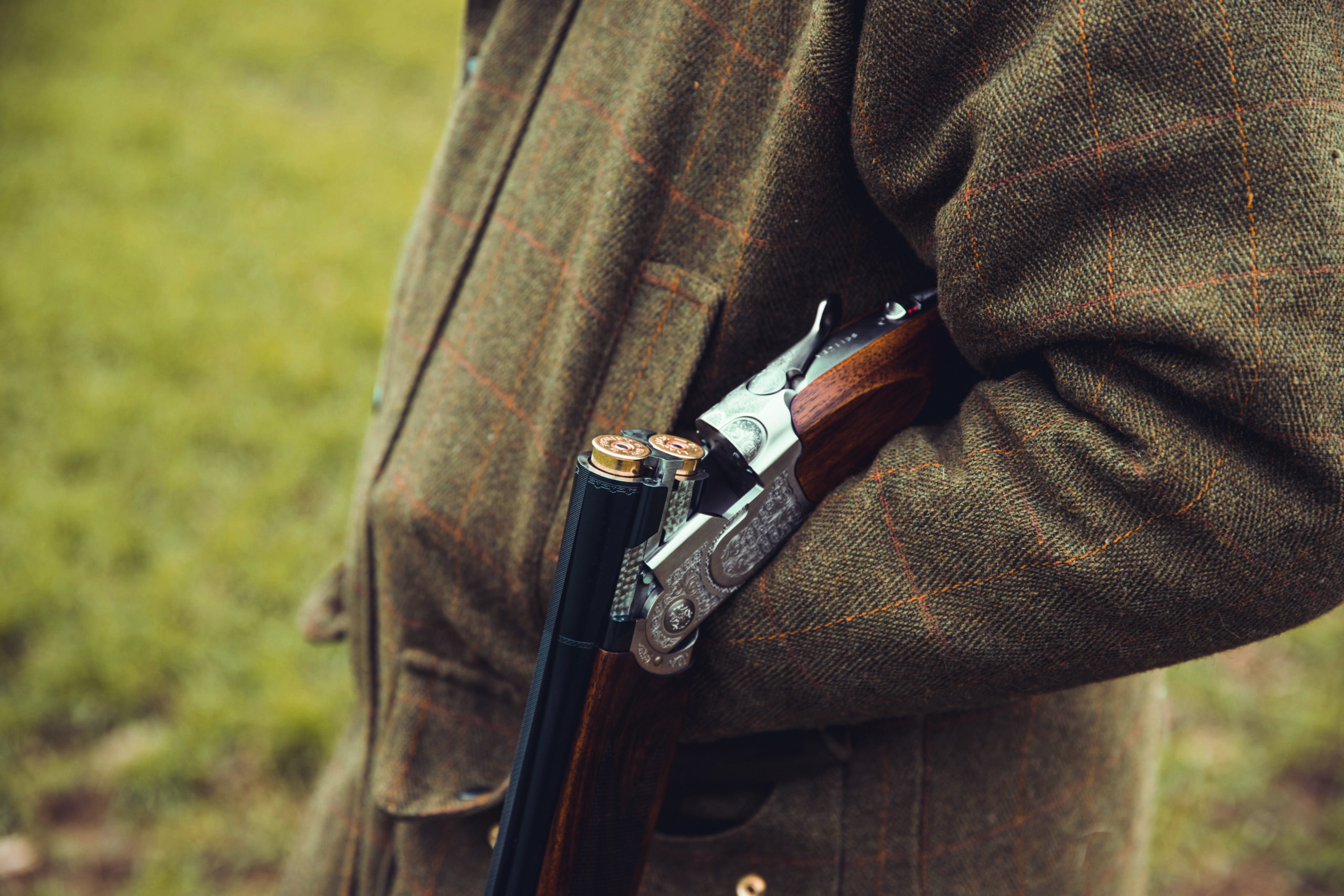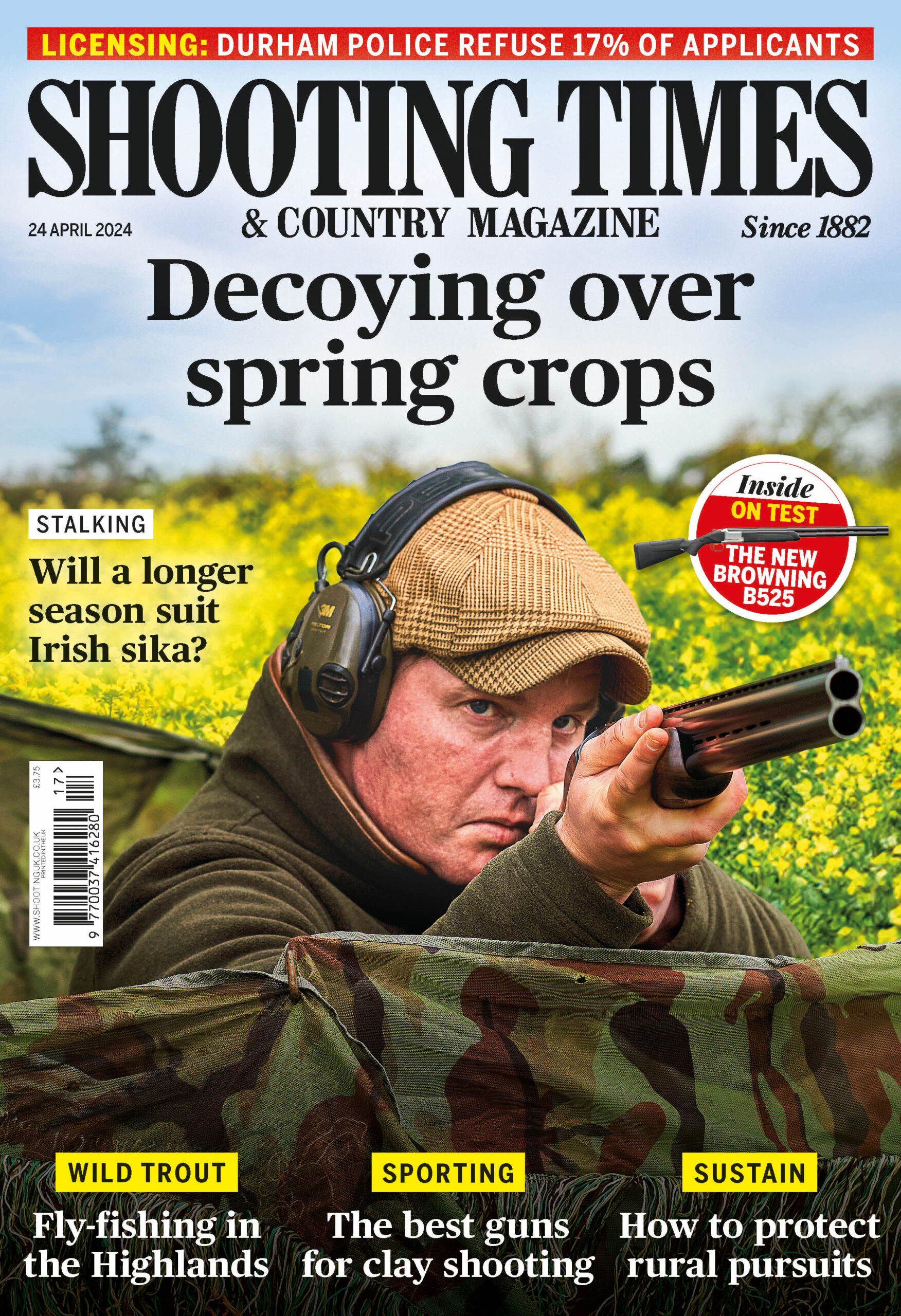BASC and RSPCA align on airguns
While they don't always see eye to eye, BASC and the RSPCA are in agreement over the need for greater enforcement of airgun laws
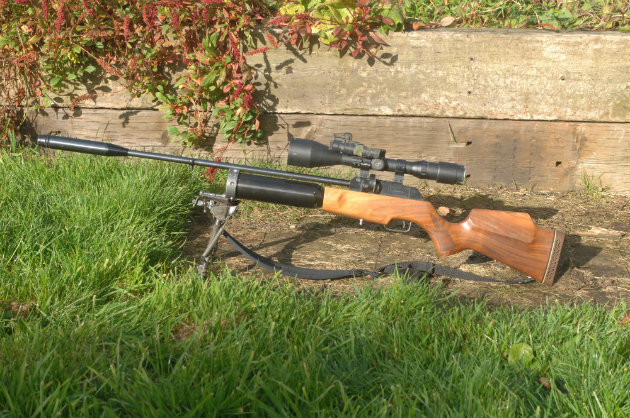
The Home Office held a review earlier this year to consider the possibility of airgun licensing in England and Wales
Improved enforcement of airgun laws is required to tackle increasing misuse, say BASC and the RSPCA, which plan to set up a working group to tackle the issue.
Solving airgun crime
The consensus comes after the two organisations hosted a joint conference dedicated to solving the issue of airgun crime. Politicians, police firearms licensing staff, animal welfare groups, journalists and representatives of shooting groups were among the delegates at the one-day conference held in London two weeks ago.
Arguments for and against legislation were heard throughout the day, which was opened by Sir Geoffrey Clifton-Brown MP, chairman of the all-party parliamentary group (APPG) on shooting and conservation.
RSPCA comments
The RSPCA told delegates that
it had received nearly 900 airgun-related complaints last year and that nearly half the vets who replied to a survey in 2016 had treated cats that had been shot by airguns.
The charity believes that with airgun attacks on animals still rising in England and Wales, a combination of improved enforcement, targeted awareness programmes and licensing would be most effective.
RSPCA head of public affairs David Bowles said: “The scale of airgun misuse is immense and we believe that stricter controls are long overdue. We were pleased a consensus was reached on the need for improved enforcement of airgun legislation as well as better, more targeted education and explanation of the law for those buying one. We also feel mandatory licensing would be effective.”
Mr Bowles added that it was important that these organisations could get together to discuss the problems and seek solutions.
BASC chairman Peter Glenser, told conference attendees that current legislation is sufficient and success in tackling airgun crime would come through education and greater enforcement.
Mr Glenser said: “We do not believe that licensing airguns in England and Wales would provide a workable or effective solution to the problem. It is estimated that there are around 7million airguns in the UK which could become subject to licensing and this would break a system that is already struggling to cope.”
Cheap PCP air rifles: from £379 to under £1000
We’ve looked around for some cheap PCP air rifles that still do the job and we’ve found 10, starting at…
Why airgunning is the most noble of shooting sports
Setting up airgunning as the noblest of shooting sports probably sounds like a tall order to many — it certainly…
Airgun laws and security requirements you need to know
Airgun laws in the UK as they stand Airgun shooters are being urged to conform with new legislation relating to…
A joint report, stemming from the key points raised at the conference, will be presented for discussion by the APPG.


